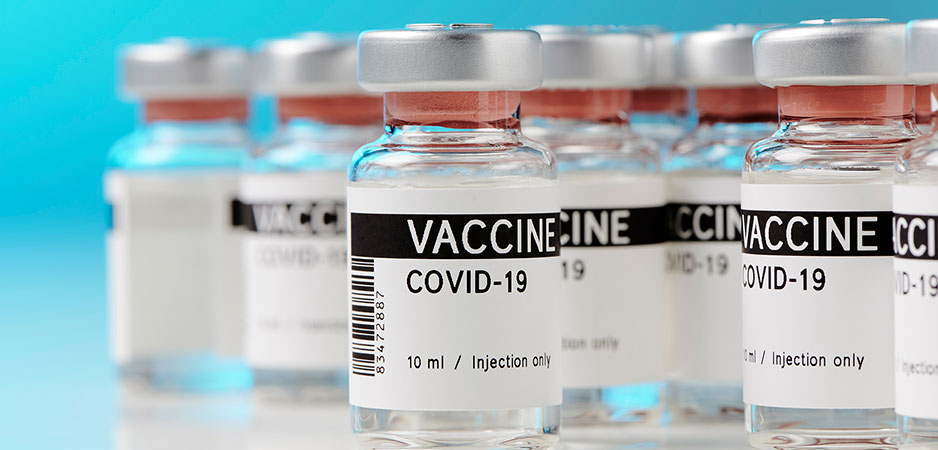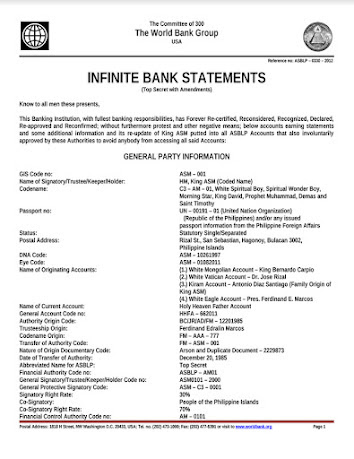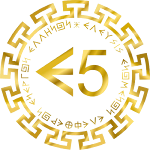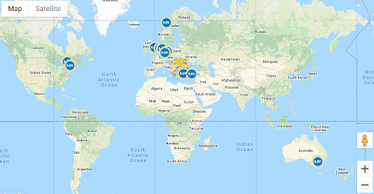
Τhe debate is raging once again about the true origin of COVID-19. Was it zoonotic, originating in a bat cave and then infecting exotic meat in Wuhan’s wet market as the majority of scientists claimed throughout 2020? At the approach of the November election, US President Donald Trump preferred to believe the pandemic was a plot to destroy his presidency conducted by a man he previously called an intimate “friend,” China’s President Xi Jinping. The virus was already spreading when Trump explained to World Economic Forum in Davos the nature of his relationship with Xi: “He’s for China, I’m for the US, but other than that, we love each other.”
Four months later, Trump began contradicting scientists and blaming Xi’s China by claiming “that the virus originated in a laboratory and was accidentally released.” In September, he preferred to suggest to his voters that COVID-19 was the result of an Asian conspiracy designed to undermine his presidency. This sparked a wave of anti-Asian attacks in the US that have continued to this day.
Prominent scientists today recognize that Trump’s initial assessment may have been right. Their colleagues who dismissed the idea of an accidental release of the virus from a Wuhan laboratory were either misled or disingenuously defensive of an equally unproven thesis. The scientists may have been impelled to reject the suspicion of a laboratory accident not only out of a lack of direct evidence, but also out of fear of the political blame game the president was beginning to exploit to distract attention from his own failure to respond appropriately to the crisis.
Trump obviously preferred to see the war against a virus as a PR opportunity to bolster his image as a fearless leader. Allowing politicians to place blame on China, even for an accident, might have become as dangerous for the world as the virus itself, adding to the reigning misery rather than resolving the mystery of the origin of the disease.
Science itself and its public image have taken a hit from this ongoing catastrophe. The honored, if not revered Dr. Anthony Fauci admitted to prioritizing the distribution of masks among the medical community above the general public at a time when little was still known about how contagious COVID-19 was and how it spread. Political leaders across the globe, including Trump, all found themselves in a thankless position as they were required to demonstrate their leadership with insufficient knowledge of the nature of the challenge and a penury of material means to confront it.
Many deserve to share the blame for a situation that, despite progress with vaccines, is still in many ways worsening. But, as Alexander Zaitchik exposes in an important article in The New Republic, the person perhaps most to blame for our global failure to respond effectively is neither a scientist nor a politician. His name is Bill Gates.
Most rational people would reason that a global crisis requires a global response. Most realists recognize that in a civilization dominated by sovereign nation-states, summoning a unified response to any global crisis will never be easy. Humanity’s quasi-universal awareness of the problem of global warming over the decades demonstrates the difficulty of mobilizing humankind to implement even a minimalist response.
In his article, “How Bill Gates Impeded Global Access to Covid Vaccines,” Zaitchik narrates a depressing story that began in February 2020, when the nature of the COVID-19 threat had become clear. In conformity with its mission, the World Health Organization (WHO) coordinated a “research and innovation forum to mobilize international action” aimed at combating the spreading epidemic. It sought to “maintain broad and open channels of communication, since collaboration and information-sharing minimize duplication and accelerate discovery.”
Collaboration and sharing of science would be critical to any effective response. With most research publicly funded — a point Mariana Mazzucato made this week — it specifically recommended patent pooling. Zaitchik notes that optimism was still possible: “Battle-scarred veterans of the medicines-access and open-science movements hoped the immensity of the pandemic would override a global drug system based on proprietary science and market monopolies.”
Today’s Daily Devil’s Dictionary definition:
Proprietary science:
An oxymoron to the extent that “science” simply means human knowledge and cannot be owned or commodified.
Contextual Note
The WHO was thus prepared to play the role assigned to its mission as stated in its constitution: “The health of all peoples is fundamental to the attainment of peace and security and is dependent upon the fullest co-operation of individuals and States.” Aware of the challenge lying ahead of them, the team began to prepare its campaign. Alas, it hadn’t counted on the intervention of the globe’s self-appointed Mr. World Health, Bill Gates, whose title derives from his contributing billions of dollars to the causes he believes in (the Bill and Melinda Gates Foundation has invested $1.75 billion in the development and distribution of the COVID-19 vaccine). Among them is the most sacred of all causes: intellectual property.
Zaitchik describes in detail how Gates — a man with no skills in science, security or politics — has positioned himself to dictate to the world how contemporary science will affect every human being’s security. The key, following the logic of all capitalistic projects, is the management of scarcity. Without scarcity, industry cannot survive and prosper. Little does it matter that because of scarcity many humans simply will not survive.
Before Gates’s intervention, the group sought “to create a voluntary intellectual property pool inside the WHO.” In so doing, they demonstrated their naivety: “That pharmaceutical companies and their allied governments would allow intellectual property concerns to slow things down — from research and development to manufacturing scale-up — does not seem to have occurred to them.” But that is exactly what happened, thanks to Gates’s overpowering voice (measured by billions of dollars rather than decibels) and his “reputation as a wise, beneficent, and prophetic leader.” When the dust cleared, what emerged was “a zero-sum vaccination battle that has left much of the world on the losing side.”
Zaitchik documents the ensuing catastrophe due largely to “Gates’s dedication to monopoly medicine” and his “unwavering commitment to drug companies’ right to exclusive control over medical science and the markets for its products.” No one other than powerful governments can hope to compete with Gates’s cash reserves. But Gates’s own government, in Washington, DC, — whether under a Democrat or a Republican president — would never compete as a matter of principle. Competition is a private game. No other government in the world has the power to compete. The US government, like Gates himself, appears addicted to “politically constructed and politically imposed monopolies.”
Historical Note
The egregious oxymoron “proprietary science” would have seemed strange to the ears of anyone living before the industrial revolution. Were he alive today and imbued with modern economic culture, the 15th-century German printer, Johannes Gutenberg, would be claiming a percentage of every book, journal or magazine produced thanks to his invention of the printing press. Instead, Adolph II of Nassau, Archbishop of Maintz rewarded Gutenburg — the Bill Gates or Elon Musk of his day — for his innovation “with the title of ‘Gentleman of the Court’.” He also received “a court outfit, a stipend and two tonnes of grain and wine, tax-free.” The wine can be explained by the fact that Gutenberg’s inspiration for the printing press came from observing a wine press.
Gates deserves to be similarly honored for his invention of MS-DOS. Rather than the billions extracted from the Earth’s entire population thanks to his skill at monopoly creation and predatory business practices, he should have received from the governor of the state of Washington an appropriate title (“Gentleman of the coding room”), a flashy suit of clothes with a matching raincoat (for Seattle weather), a generous stipend (a million of two per year would be appropriate) and maybe an unlimited supply of canned foods, since he is a believer in and expert practitioner of canned economic and scientific wisdom.
As many of the rest of us queue up for one of the competing vaccines that promise to bail us all out — despite their disparities in performance adding to the confusion created by the incompetence of competitive governments — we should reflect on what all this tells us about an economic system whose vaunted efficiency Gates believes in and practices while using his money and clout to impose it on an unwilling world.










.png)























No comments:
Post a Comment